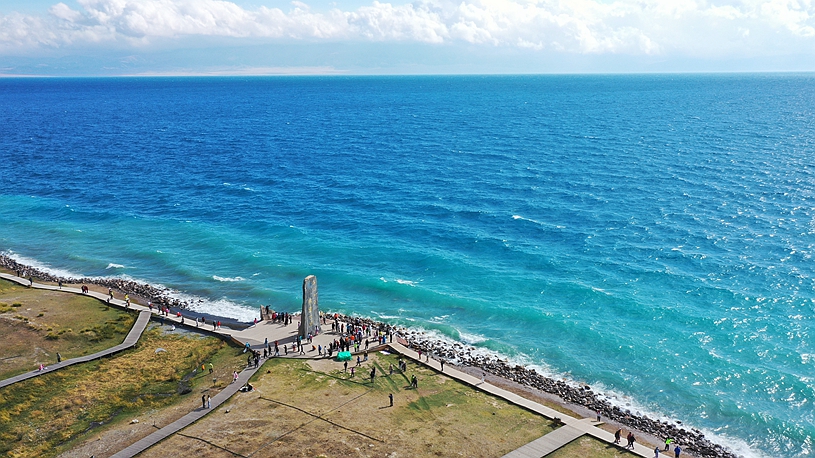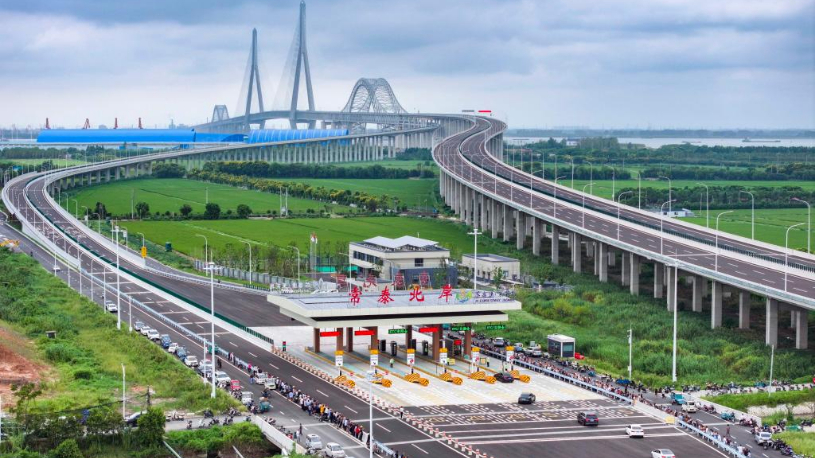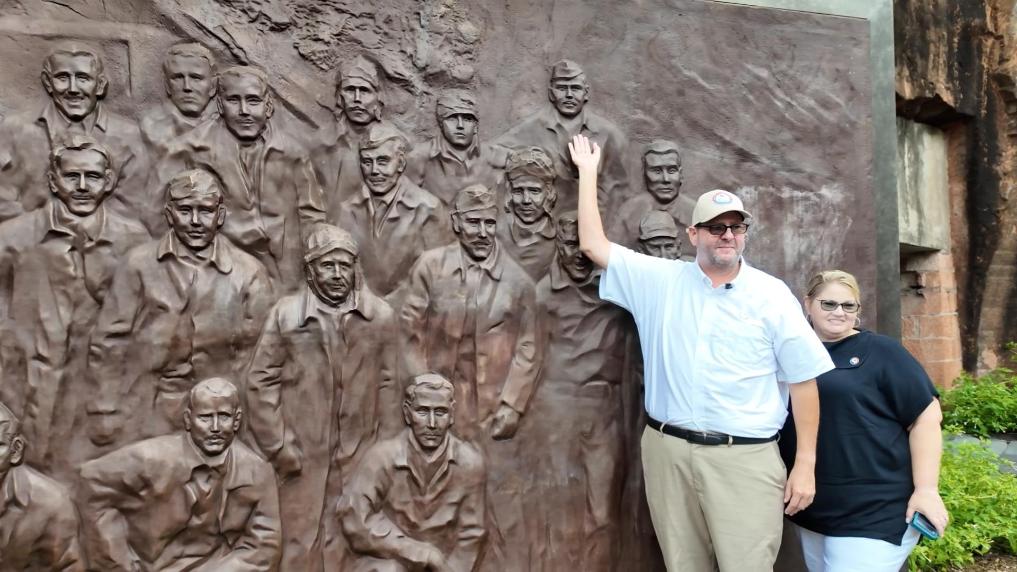"Death has become more merciful" -- agonizing choice of survival in Gaza
Source: Xinhua
Editor: huaxia
2025-09-13 03:09:15
GAZA, Sept. 12 (Xinhua) -- On Gaza's coastal road of Al-Rashid, now a path of flight, families trudge southward under the weight of fear and loss.
Children drag school bags filled with clothing and basic belongings. Fathers push rickety carts with blankets and stale bread. Women weep as they walk, as if mourning the misery of their lives.
"I no longer know which fear is harsher," Um Ahmad Ashour from Gaza City told Xinhua, her clothes dust-covered, her daughter held close. "Is it losing my children under bombardment, or watching them suffer from the unknown we are heading toward?"
Her voice cracked: "For weeks we have not slept because of constant shelling. We held onto hope that negotiations between Hamas and Israel might end this nightmare. But that hope is fading."
Like hundreds of thousands of Palestinians, Ashour is no stranger to a life of uncertainty and displacement. "During the first displacement at the beginning of the war, we tasted every kind of humiliation. We died a thousand times every day," she recalled. "I returned after the ceasefire earlier this year and swore never to flee again. But today, I am back on the same road -- broken and powerless."
Nearby, Ashour's neighbor, 65-year-old Khaled Abu Urmana, held the trembling hand of his grandson, gazing toward the dust-choked horizon.
"I, too, returned to Gaza City after the February ceasefire. I thought we would find a fragment of life to restore our dignity. But instead, we found only more pain," he told Xinhua. "We promised ourselves and our children we would rebuild our homes. Now, all those promises have vanished."
He placed a hand over his chest: "When you hear a mother say the unknown is real death, you realize this is more than passing fear. Here, fear stretches into a tomorrow that does not exist."
"Each time a missile falls, I remember the faces of neighbors who perished. I hear the laughter of their children echoing in memory, only to be swallowed by silence. We are not just numbers or images on screens. We are human beings with names, children with dreams, and memories with roots," said the old man.
Israeli airstrikes have intensified across Gaza City recently, reducing residential towers and apartment blocks to rubble. The army said it will continue targeting "multi-story buildings" in the coming days, alleging Hamas's use, an accusation the group denied.
Israeli forces have also dropped leaflets and made warning phone calls, urging people to move toward overcrowded "humanitarian zones" in central and southern Gaza.
Mahmoud Basal, spokesman for Gaza's civil defense, told Xinhua "the destruction in less than a week has exceeded all imagination."
According to Basal, more than 50,000 people are newly homeless; Twelve high-rises and over 120 mid-rises in the city have been destroyed; Ten schools, five mosques and more than 600 tents now lie in ruins.
"We are making an urgent appeal to the United Nations and the international community to intervene immediately to stop the aggression and protect civilians. The situation is catastrophic in every sense," Basal said.
Some remain trapped in the city, unable or unwilling to leave.
"We sleep to the sounds of explosions and wake to the cries of the wounded," Yasser Abu Shaban, a man in his twenties, told Xinhua. "I am no longer afraid of death. I am afraid of waking up and finding myself the only survivor in my family."
He paused, then added quietly: "In Gaza, we no longer distinguish between being alive or dead. Life here is a slow death, and death has become more merciful than this agony."
Gaza-based health authorities reported Friday that the death toll since the beginning of the latest war on Oct. 7, 2023, has climbed to 64,756, with more than 164,000 others injured.
"In Gaza, there is no difference between life and death. Both have become one face of suffering," said Ashour, wiping her daughter's tears. "We are walking into the unknown, and to me, that is no less frightening than real death."■












Comments